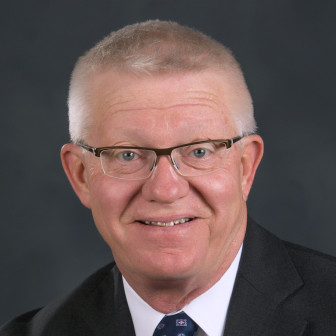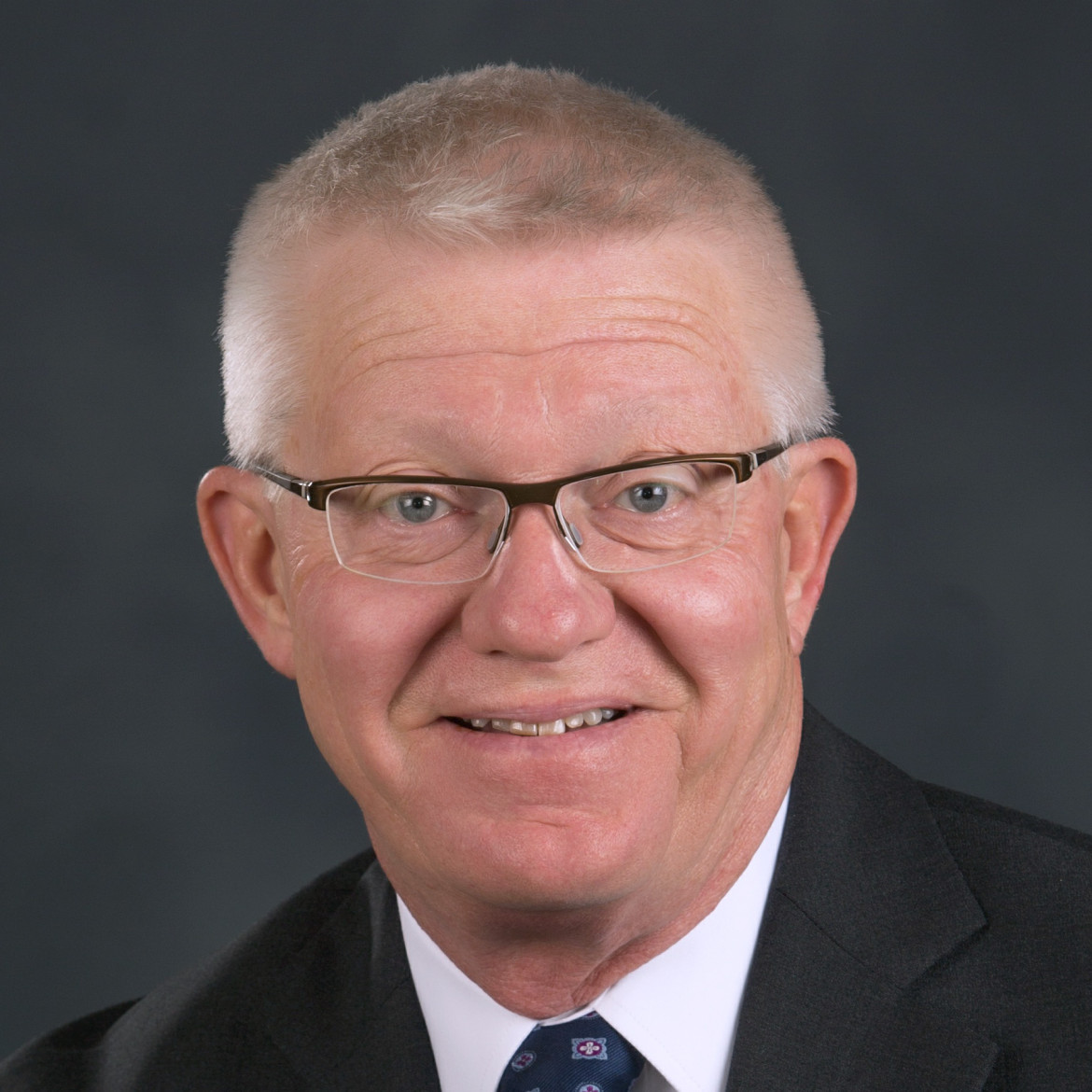Let’s begin with a short quiz.
- Who advises the president and Congress about matters of juvenile justice policy? My guess is that “lobbyists” is the first answer that comes to mind and, of course, that answer is correct but incomplete. There is a legislatively created committee of citizens to render such advice; it is the Federal Advisory Committee on Juvenile Justice —usually called FACJJ.
- Where does this committee reside? Most readers of JJIE will guess the Office of Juvenile Justice and Delinquency Prevention (OJJDP) and that is the right response.
- Why am I asking these questions? Because new members are being selected now and we need your help — by Aug. 12 — THIS FRIDAY!
 Last October, I was elected chair of the FACJJ. I can tell you from personal experience that the members’ energy, wisdom and genuine concern mean that the group recommendations are supported by research, best practice and a breadth of experience in the juvenile justice field. OJJDP is the host agency for the FACJJ and is directly affected by the recommendations, but the reach is far greater than that.
Last October, I was elected chair of the FACJJ. I can tell you from personal experience that the members’ energy, wisdom and genuine concern mean that the group recommendations are supported by research, best practice and a breadth of experience in the juvenile justice field. OJJDP is the host agency for the FACJJ and is directly affected by the recommendations, but the reach is far greater than that.
The current list of pending juvenile justice-related bills in Congress has been influenced by the work of you, dear reader, because FACJJ members are selected from State Advisory Group — SAG — members.
I suggest that you go to the FACJJ website to examine past recommendations or to the OJJDP website under About OJJDP, then Councils and Committees.
Currently, our subcommittees are considering several topics. The Legislation group continues to monitor and support the re-authorization of the Juvenile Justice and Delinquency Prevention Act. Members have been a source of information for sponsors in both the Senate and House. They also keep tabs on all juvenile justice-related federal bills and are now surveying state reform statutes to develop an understanding of where good work is being done as a future guide for their federal advice.
The Expungement and Confidentiality subcommittee has completed a recommendation supporting good expungement practices and is now studying the methods of disclosure of confidential juvenile information in the search for how to make confidentiality real.
Our Research and Publication group has recommended the end of juvenile sex offender registries and is now working on recommendations for effective treatments for this population as well as effective prevention approaches. The newest workgroup has just formed around LGBTQ issues and is deeply involved in considerations of policy, training and technical assistance, research and data with concentration on transgender issues.
Finally, a bylaws group will have recommendations for the September in-person meeting of the FACJJ to expand the membership and to streamline process in the operation of the committee. The entire committee will consider implementation issues for the recommendations.
There are a limited number of positions available and they are attached to a specific group of states, territories and tribal groups. If you are a State Advisory Group member, please consider applying. If you are not a member, please look at the names on your SAG’s website and talk to any member whom you consider to be a useful FACJJ member.
Please go to the OJJDP or FACJJ website and learn more about the scope of work and then DO IT NOW. Please.
